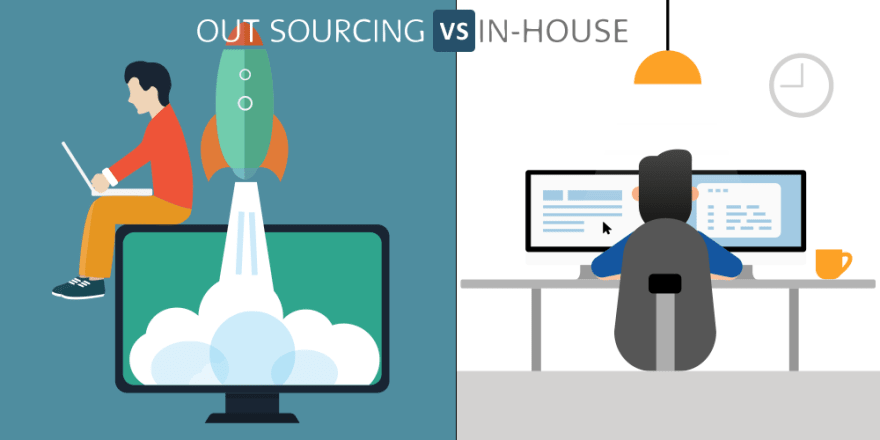
To find a financial adviser, you must first meet with them. A meeting with your financial advisor will give you a chance to learn more about their professional background, fees, and experience. The following are 8 questions to ask a financial advisor during the initial meeting. These questions will help determine if you are a good fit for the advisor. You can also get advice from a qualified financial advisor on how your financial future should look.
8 questions to ask a financial advisor at a first meeting
It is important to know what to expect when you first meet with a financial advisor. Make sure you ask questions to clarify your needs and determine which criteria are most important for you. This will help you develop a checklist of questions to ask the financial advisor. After you meet with the advisor, do a quick gut check to make sure they are a good fit for you. For example, check to see if the financial advisor is registered with the state and does not have conflicts of interest.

The financial advisor must understand how you spend your money. This will help them to determine how best to help you achieve your financial goals and manage your finances. Some people save meticulously, while others are a bit more extravagant. Ask your advisor to discuss your household budget. You should be able ask your advisor about why your household budget has changed and how to adjust it accordingly. Lastly, make sure you get a feel for the advisor's style and personality.
Career experience
A financial advisor must have solid communication skills and understand the goals of their clients. They must also be proficient in spreadsheet software and have strong analytical and computer skills. A degree in business, finance, or law is the most common preparation for a career as a financial advisor. Certain financial firms require new graduates with a GPA to be hired. A financial advisor must take continuing education classes each year once they are hired.
In the financial services industry, a bachelor's degree is often required to become a financial advisor. Many professionals start their careers in the investment industry as employees of investment firms. Internships can lead to certifications and advanced degrees, but it is also possible to enter this field through another route. An intern may help a financial adviser research investments and update a client’s finances. They can either start their own business or join a company that has an existing one.
Fees
It's important to understand the cost of a financial advisor. Many advisors charge hundreds of thousands of dollar and may not disclose other income sources such as percentages, commissions, or payouts. They may also be tempted to sell you products that are not in your best interests. In such a situation, you should insist on fee transparency from the start. The following questions will help you decide if the advisor's fee structure is appropriate for your needs.

The fees that you pay will impact the amount of advice you receive. Some advisors charge lower fees or charges than others. Before you decide to hire a financial advisor, it is crucial to know what their costs are. They are there to help you make a financial plan. And you don’t want to be disappointed by the investment results.
FAQ
How long does a consultant take?
It depends on the industry and your background. Most people start with just a few months of work before finding employment.
Some consultants, however, spend many years perfecting their skills before they find work.
What's the difference between an advisor and a consultant?
An advisor provides information about a topic. Consultants offer solutions to problems.
A consultant works directly with clients to help them achieve their goals. The advisor provides indirect advice through books, magazines lectures, seminars, and the like.
Is it possible to run a consultancy business from home?
Absolutely! Indeed, many consultants already do this.
Working remotely is a common way for freelancers to work. They use tools like Skype, Trello (Slack), Trello, Basecamp and Dropbox. To avoid being left out of company perks, they often set up their own office space.
Some freelancers prefer working in cafes and libraries over traditional offices.
Others choose to work at home because they love being with their children.
There are pros and cons to working remotely. It is worth it if you love your work.
What is a consultant and what are their responsibilities?
A consultant is someone who offers services to others. This is more than a job title. You help others achieve their goals. This involves helping them to understand their choices and making the right choices.
Consultants can help you solve problems or overcome challenges when working on projects. They also provide advice and guidance on how to implement those solutions.
Any questions you have about business, technology and finance, leadership or strategy, human resource management, customer service, customer service, or any other topic, a consultant can answer them.
How can I select a consultant?
There are three main things to keep in mind:
-
Experience - How experienced is the consultant? Are you a beginner or an expert? Do her qualifications and knowledge show on her resume?
-
Education - What did this person study in school? Did he/she pursue any relevant courses once he/she graduated? Are we able to see evidence of his/her learning through the way he/she writes
-
Personality - Do we like this person? Would we prefer him/her working for us?
-
These questions are used to determine if the candidate is right for us. If the answers are not clear, it may be worthwhile to interview the candidate in person to get more information about them.
Why should you hire consultants?
You might need consultants for a variety of reasons.
-
You may have a problem or project that your organization needs to solve.
-
You want to increase your skills and learn something new
-
You would like to work with an expert in your field.
-
The task is yours alone.
-
You feel overwhelmed by all the information and don’t know where to begin.
-
You can't afford to pay someone full-time
You can find good consultants by word of mouth. Ask around if anyone knows any reputable consultants. If you are already acquainted with someone who works as an advisor, ask them for recommendations.
Use the "Search People" function to search for consultants in your region if you are interested in using online directories like LinkedIn.
Why would a company employ a consultant to help them?
Consultants provide expert advice on how to improve the performance of your business. They don't sell products.
A consultant is a person who helps companies make better choices by providing sound analysis, and making recommendations for improvement.
Consulting often works closely with senior management teams in order to help them understand the steps they must take to succeed.
They offer leadership coaching and training to help employees reach their full potential.
They may be able to advise businesses on ways to cut costs, improve efficiency, and streamline processes.
Statistics
- According to IBISWorld, revenues in the consulting industry will exceed $261 billion in 2020. (nerdwallet.com)
- "From there, I told them my rates were going up 25%, this is the new hourly rate, and every single one of them said 'done, fine.' (nerdwallet.com)
- Over 50% of consultants get their first consulting client through a referral from their network. (consultingsuccess.com)
- WHY choose me: Why your ideal client should choose you (ex: 10 years of experience and 6-week program has helped over 20 clients boost their sales by an average of 33% in 6 months). (consultingsuccess.com)
- According to statistics from the ONS, the UK has around 300,000 consultants, of which around 63,000 professionals work as management consultants. (consultancy.uk)
External Links
How To
What does a typical day look like for a consultant?
Your work type will determine the length of your day. However, the majority of your day will consist of research and planning, meeting clients and preparing reports.
You'll often have meetings with clients where you can discuss issues and solve problems. These meetings can be done over the phone or via email.
The proposal is a document that outlines your ideas and plans to clients. These proposals will be presented to clients by you and a mentor.
After all the planning and preparation you will have to put your efforts into creating some content. You might be creating articles, videos, editing photos, writing interviews, or designing websites.
You may need to conduct research depending on the scope of your project to find relevant statistics and figures. For example, you may need to find out how many customers you have and whether they are buying more than one product or service.
After gathering enough information, you can present your findings to clients. Your findings can be presented orally or written.
Finally, you must follow up with clients after the initial consultation. You might contact them regularly to check on their progress or send them emails to confirm they have received your proposal.
This is a long process that can take some time. However, it is crucial to stay focused and to maintain good relationships.